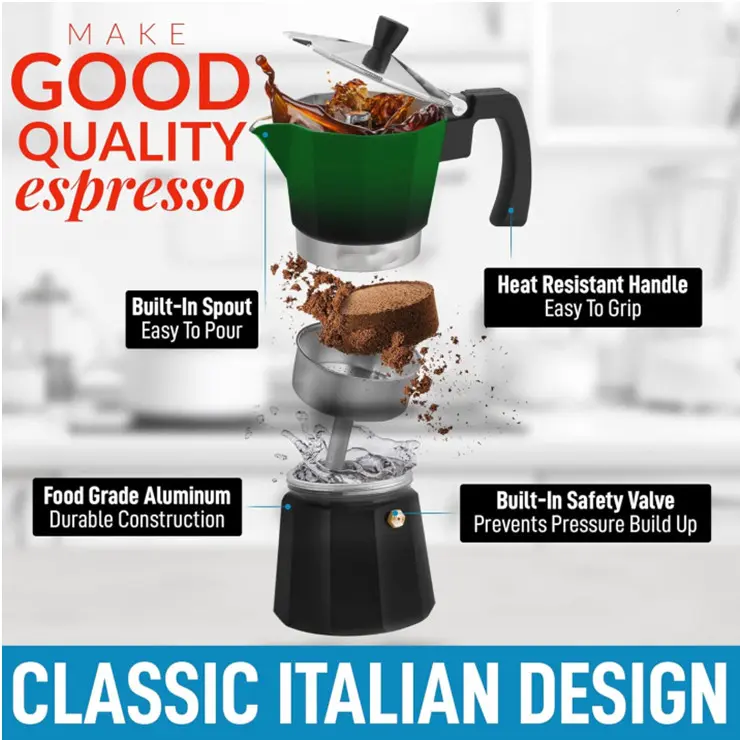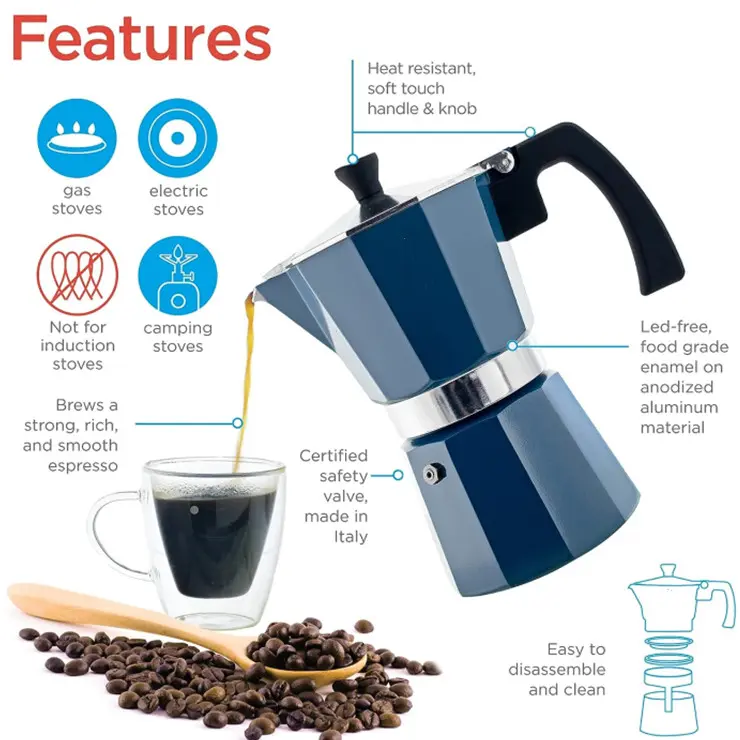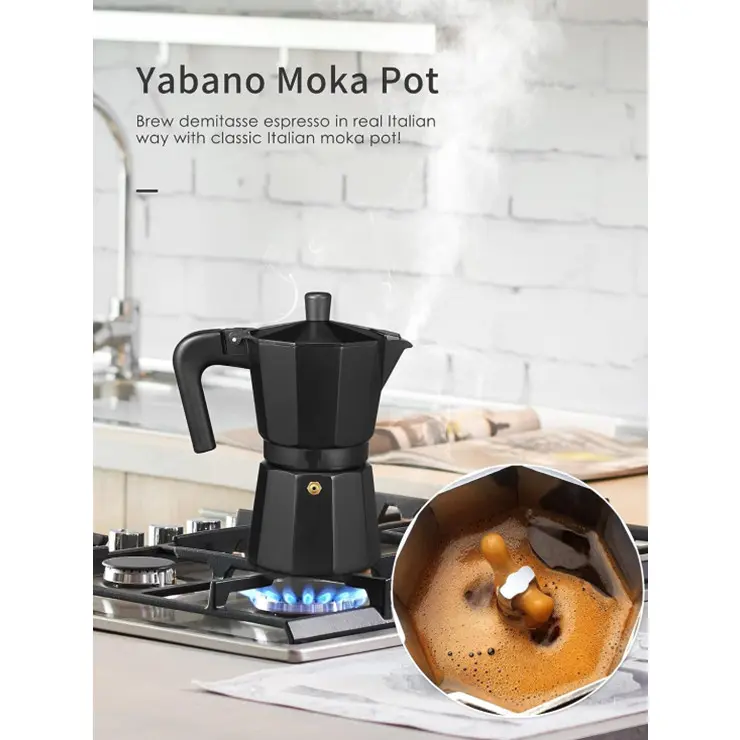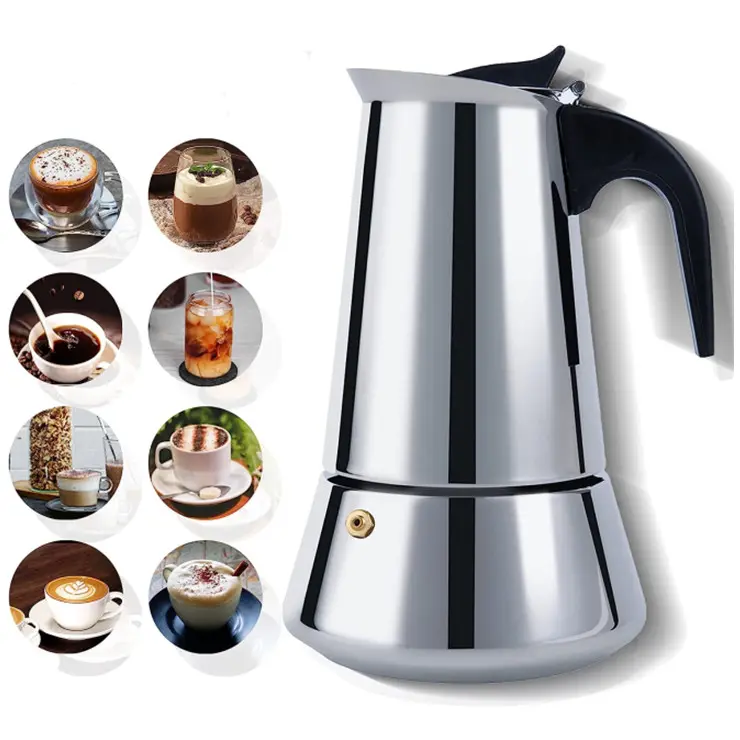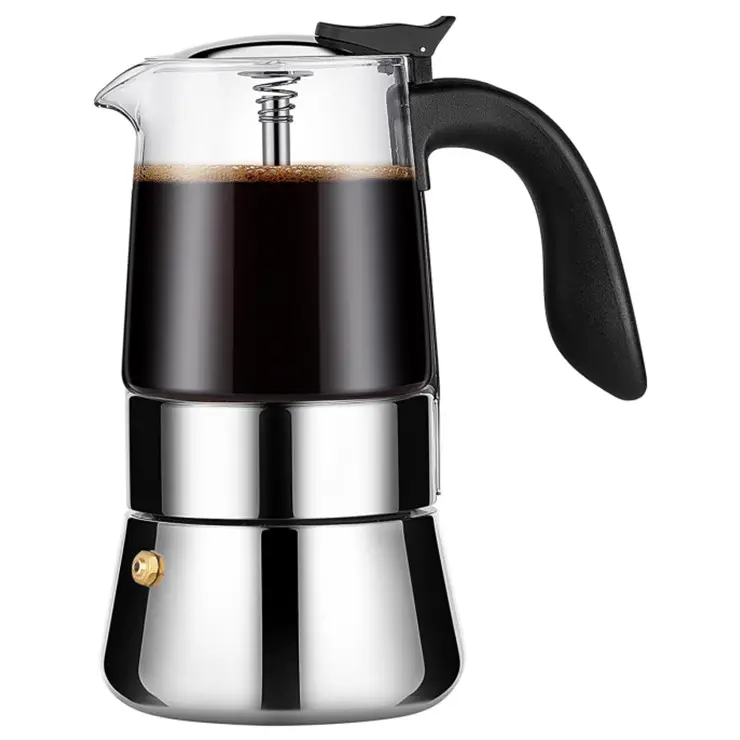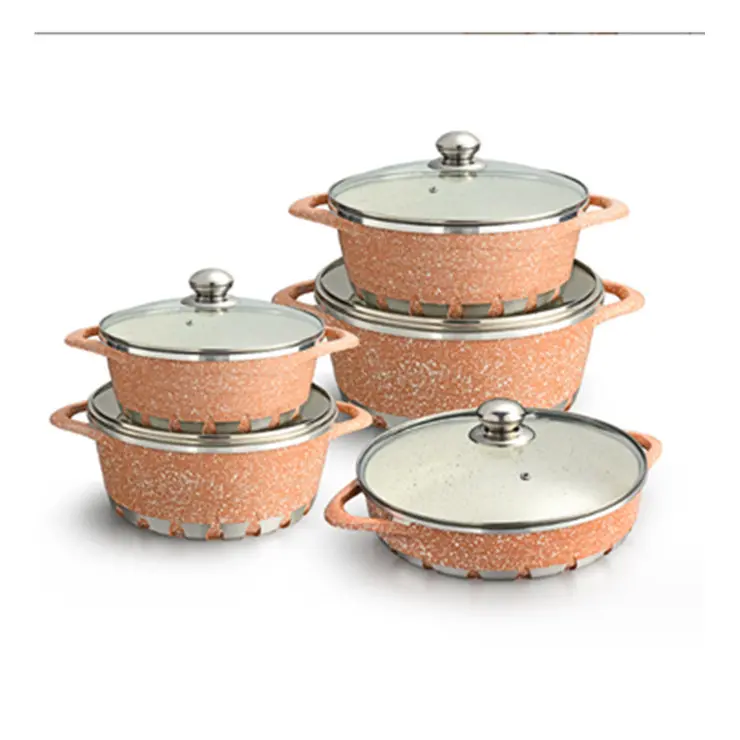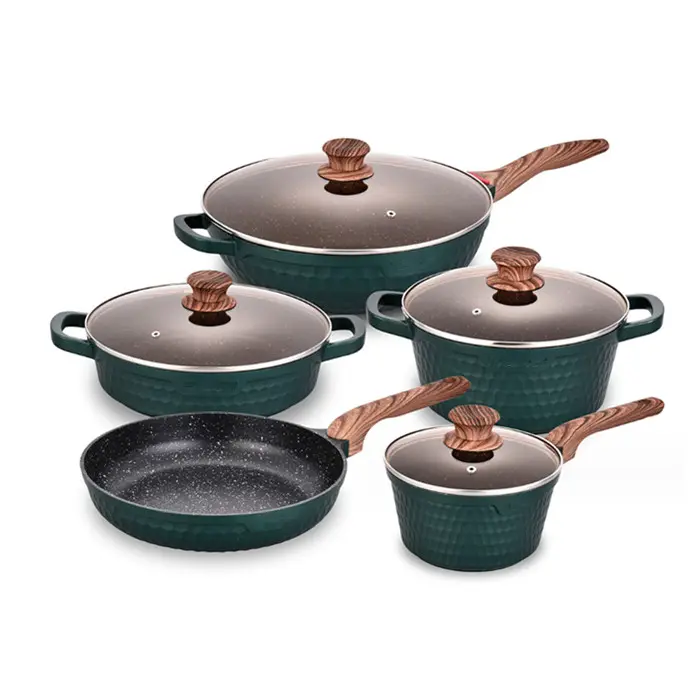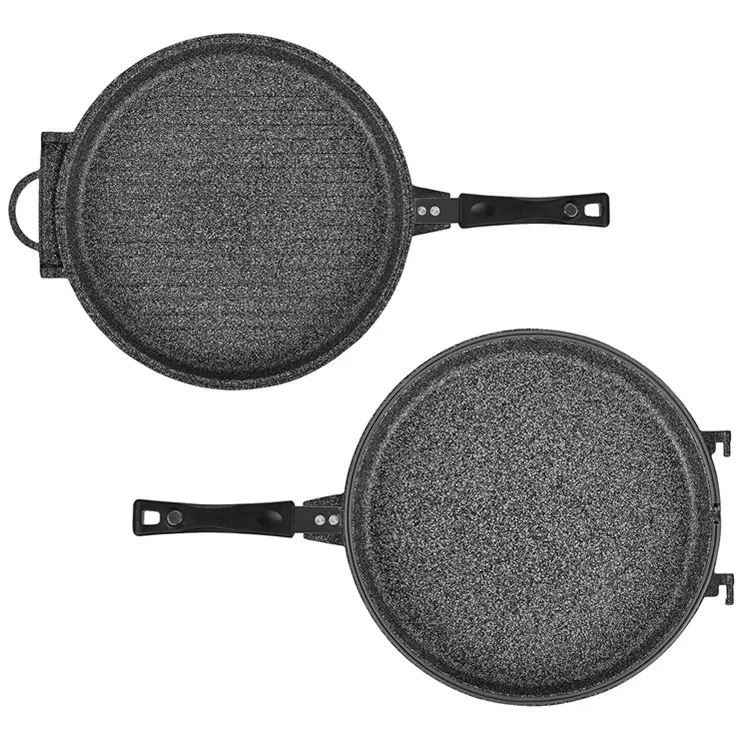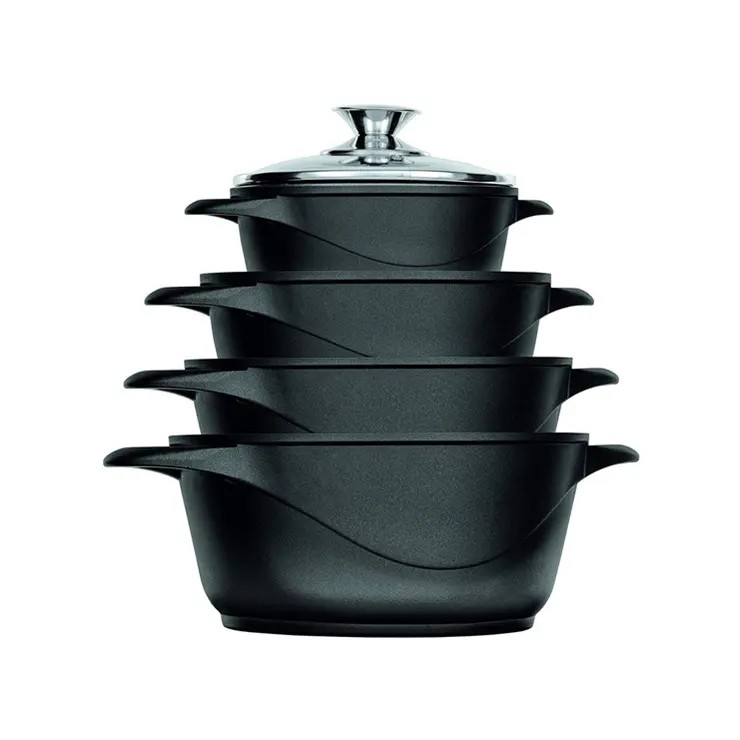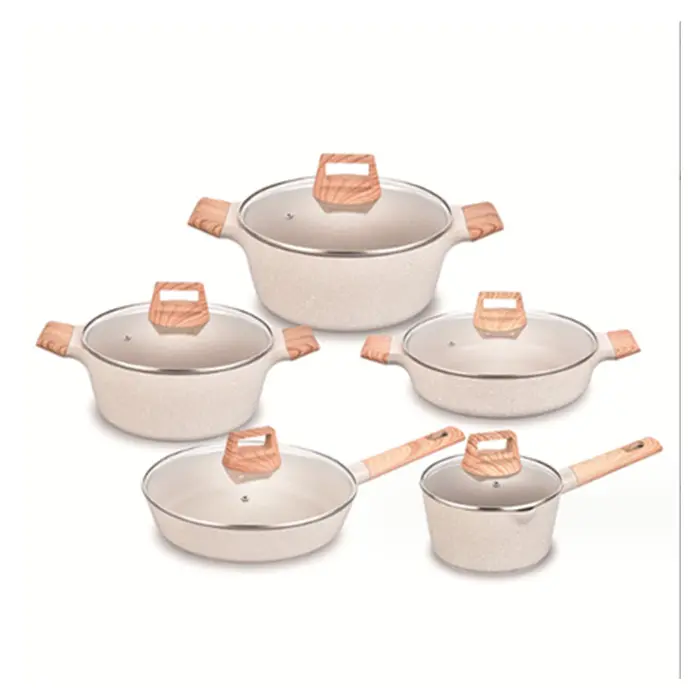Is the Moka pot better, aluminum or stainless steel?
When choosing a moka pot, stainless steel and aluminum moka pots each have their own advantages and disadvantages:
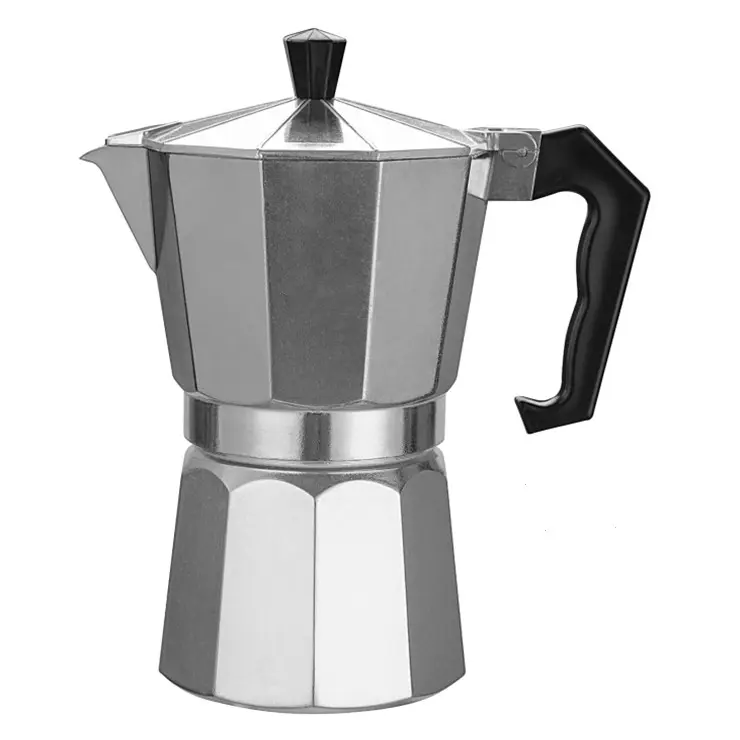
Advantages of stainless steel Moka pot:
Corrosion resistance and high temperature resistance: Stainless steel has good resistance to acidic media and heat resistance, and can resist high temperature oxidation.
Easy to clean and maintain: The stainless steel Moka pot is not easy to rust and is more convenient to maintain. It can be heated with induction cookers, open flames and electric ceramic stoves.
Disadvantages of stainless steel Moka pot:

Slightly higher price: Compared to aluminum moka pots, stainless steel moka pots may cost more.
Fewer types: Due to the difficulty in manufacturing, there are fewer types of steel Moka pots on the market.
Advantages of aluminum moka pot:
Lower price: Aluminum products are generally less expensive, lightweight, have high thermal conductivity, and may extract faster.
Good thermal conductivity: Aluminum has better thermal conductivity than stainless steel, which helps improve extraction efficiency.
Disadvantages of aluminum moka pots:
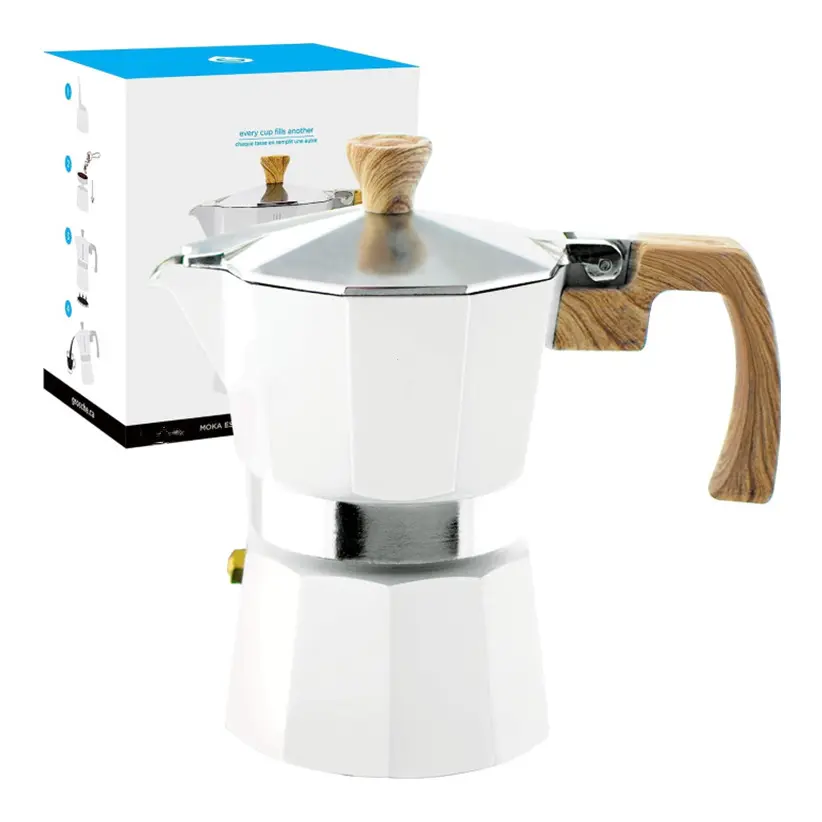
Easy to rust: Aluminum is easy to rust, so special attention should be paid to moisture-proof and dry storage.
Not suitable for induction cookers: Aluminum Moka pots have no electromagnetic induction and cannot be used on induction cookers.
All that being said, which moka pot to choose comes down to personal needs and preferences. If you are concerned about corrosion and rust, or if you need to use an induction cooker for heating, a stainless steel moka pot may be a better choice. If you’re looking for affordability and fast extraction, an aluminum moka pot might be a better fit. No matter which material you choose, you should make sure to choose products from regular brands to ensure food safety and material safety.

